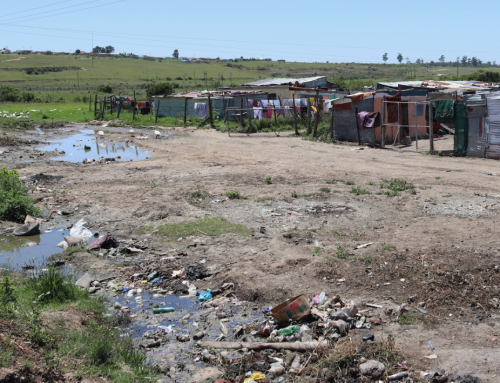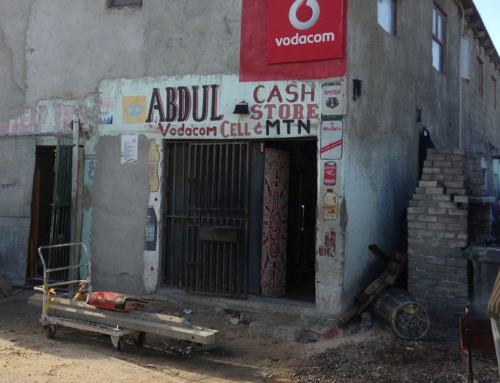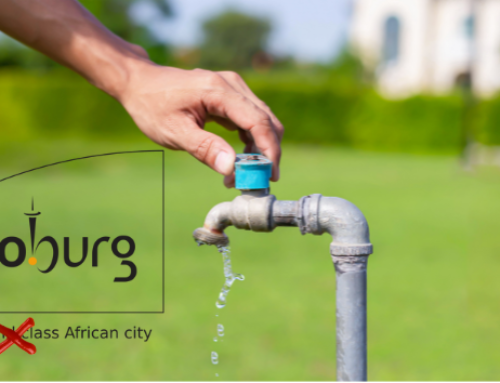 Media Statement by Ms Thandi Nontenja, Secretary General of the United Democratic Movement Women’s Organisation
Media Statement by Ms Thandi Nontenja, Secretary General of the United Democratic Movement Women’s Organisation
Nestlé, the multinational food and beverage giant, is apparently selling baby food containing added sugar in low- and middle-income countries, and South Africa is one of these countries, this whilst the company offers sugar-free alternatives with the same branding in Western markets. This revelation stems from a collaborative investigation conducted by Public Eye and the International Baby Food Action Network (IBFAN), which scrutinized 150 Nestlé baby food products available in lower- and middle-income nations.
The United Democratic Movement Women’s Organisation (UDEMWO) finds it perplexing that Nestlé’s products for sale in Africa, particularly South Africa, differ from those sold in other parts of the world. This disparity raises concerns about potential discrimination, as it suggests that “poor African children” are being fed sugar-laden products, which constitutes a violation of health standards. Such practices are not only demeaning but also pose significant health risks to our children, potentially contributing to obesity and other related health issues. This discrepancy in product offerings should not be tolerated, and the UDEMWO calls for measures to address this issue and ensure equitable access to healthy food options for all children, regardless of their geographical location.
This also raises the South African State’s duty to protect its citizens against human rights abuses by business given Nestle’s apparent failure in its corporate responsibility to respect human rights, as well as access by victims to effective remedy, judicial and non-judicial once the extent of its adverse effects has been established.
UDEMWO vehemently opposes multinational companies using South Africa as a dumping ground for unhealthy products. We call on Nestlé to explain why they provide sugar-laden products to South African children while avoiding such practices elsewhere.
We challenge Nestlé to refrain from using excuses like regulations, consumer preferences, or ingredient availability to justify this discrepancy. It is imperative that Nestlé takes responsibility and ensures that all products sold in South Africa align with international health standards.
Children’s health should be a top priority, and companies like Nestlé have a responsibility to provide nutritious options regardless of location. It’s essential for Nestlé to explain this discrepancy and take concrete steps to ensure the well-being of South African children by offering healthier alternatives.




























